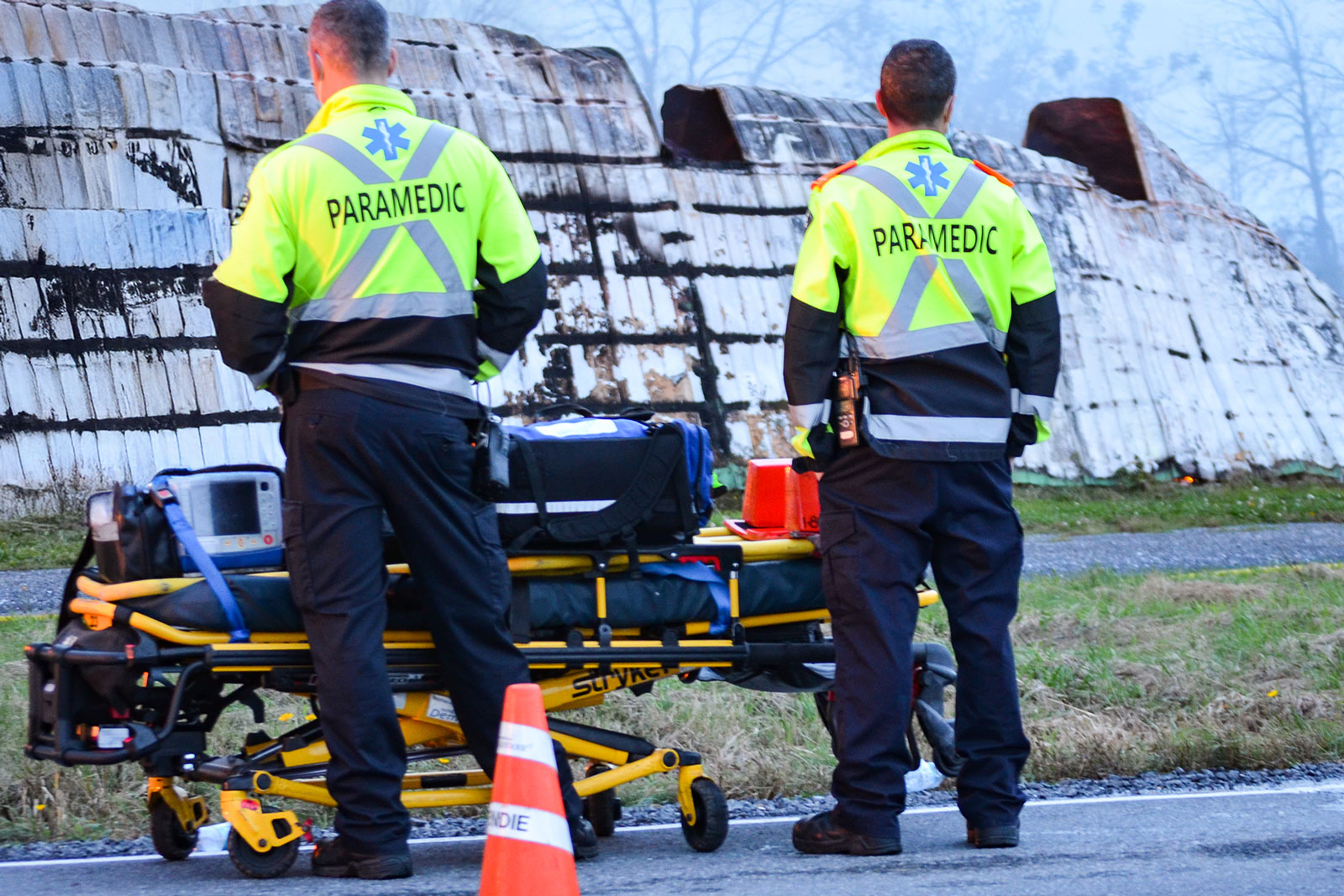Coping with a Suicide Loss & Navigating Grief
Losing someone to suicide can leave you with unanswered questions and deep pain. This article offers guidance, compassion, and ways to heal.
Losing someone you care about is never easy, but when the cause of death is suicide, it can feel even harder to understand and accept. The pain can be overwhelming. Often, family, friends, and colleagues find themselves grappling with a rollercoaster of emotions, from sadness to frustration, and sometimes even anger. You might feel confused and powerless in the face of something so hard to comprehend.
Why Would Someone Choose Suicide?
When someone takes their own life, it’s often the result of an overwhelming emotional and mental burden that they felt they could no longer bear. It’s important to understand that those who are thinking about suicide aren’t necessarily seeking death itself—they’re seeking relief from the suffering that feels unbearable. They may feel trapped by their situation, unable to see a way out, and overwhelmed by despair. The weight of their emotional pain can cloud their judgment, making them feel like ending their life is the only way to find peace.
Mental health struggles, past trauma, loneliness, or major life challenges often build up over time. As these struggles compound, they can lead a person to feel hopeless and as if there’s no solution to their pain. They might have tried to cope in other ways, but after repeated struggles, they might feel there’s no way out except through death. While others may have offered support, it’s not always easy for someone to accept help.
Am I to Blame?
It’s common for people close to someone who has died by suicide to feel guilty, wondering if they could have done something to change the outcome. Maybe you feel like you missed signs or didn’t say the right thing. These feelings are completely natural, but it’s important to recognize that suicide is a personal decision. Often, signs of distress can be hidden or unclear, and even when help is offered, it may not be accepted. The person’s decision was shaped by their internal struggles, and you are not responsible.
What Can You Expect?
Grief is never easy, and when suicide is involved, it can feel even more complicated. Everyone experiences loss differently, but here’s what you might expect as you move through this difficult time:
Shock and Numbness. Initially, you might feel numb, in disbelief. Your brain understands what’s happened, but emotionally, it can be hard to accept.
Anger. Anger can surface in different ways. You might be angry at the person for leaving you with this pain, or angry at yourself for not knowing how to help.
Sadness and Disorganization. As the reality of the loss sets in, it’s common to feel overwhelmed with sadness, confusion, and even guilt. You might find yourself wondering if you could have done something differently.
Reorganization. Over time, you’ll begin to find ways to accept the loss and adjust to life without that person. It doesn’t mean you’re ‘over it,’ but you’ll learn to live with the grief and find a new normal.
What Can You Do to Cope?
Grief doesn’t come with a set timeline, and you might not feel ready to move on, even if others around you seem to be doing so. Here are some things that may help you cope:
Don't Blame Yourself. Guilt is a natural reaction, but it’s important to remember that you didn’t cause this. The person’s decision was theirs, and you couldn’t have changed it.
Allow Yourself Time. Grieving doesn’t follow a set timeline, and there’s no right or wrong way to process loss. Give yourself permission to feel your emotions as they come, whether that’s sadness, anger, confusion, or even moments of relief. Healing happens at your own pace.
Talk About It. Expressing your emotions can help, even if it’s difficult at first. Whether it’s with close friends, family, or a therapist, sharing what you’re going through can lighten the weight of grief. If talking feels overwhelming, consider writing in a journal or using creative outlets to process your emotions.
Avoid Isolation. It’s okay to take time for yourself, but prolonged isolation can make grief feel heavier. Try to stay connected, even in small ways, like sending a text, going for coffee with a friend, or joining a support group.
Support Each Other. If others in your life are also grieving, offer them support and lean on them for help too. Sharing the pain can make it a little easier to bear.
Take Care of Yourself. Be kind to yourself. Grief can take a toll on both your mind and body, so taking care of yourself is essential. Try to eat nourishing foods, get enough sleep, and engage in gentle movement like walking or stretching. Rest when you need to, and do things that bring you joy, whether it’s listening to music, reading, or spending time outdoors.
Engage in Healthy Coping Activities. Finding small ways to take care of your emotional well-being can make a difference. Deep breathing, meditation, or creative activities like painting or writing can help you process your emotions. Even maintaining a simple routine can provide a sense of stability.
Seek Professional Help. If your grief feels overwhelming or starts interfering with daily life, reaching out to a mental health professional can provide guidance and support. Resources like crisis helplines, suicide loss support groups, and therapists specializing in grief can offer valuable support. You don’t have to go through this alone.
Moving Forward With Self Compassion and Support
Losing someone to suicide is a uniquely painful and complex experience—but healing is possible. In time, the intensity of your grief will soften, even if the memories and questions remain. It’s okay to move forward while still carrying love and remembrance with you. Be gentle with yourself, lean on others, and know that support is always within reach. You’re not alone, and you don’t have to navigate this loss in silence.
.png)
.png)
.png)
.png)
.png)
.png)



.jfif)





